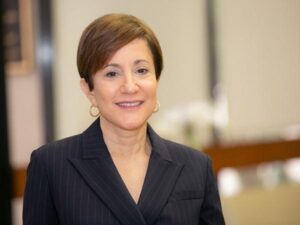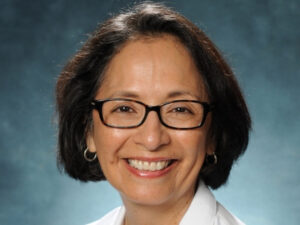The Association of American Cancer Institutes is designing two programs to address systemic underrepresentation of racial and ethnic minority physicians and scientists in leadership positions in oncology.
The National Cancer Act of 1971 established an unprecedented government-wide plan to eradicate a major disease, creating institutions that have no equivalent in other therapeutic areas and galvanizing the nationwide conversation about cancer.
Researchers have made tremendous progress in cancer prevention and treatment over the past few decades. As a result, the death rates for many common cancers are declining in the U.S.1 Unfortunately, not everyone is benefitting from these breakthroughs.
Spanning part of September and October, it is a time to celebrate and recognize Hispanics or Latinos or Latinx persons* for their contributions. This nationwide observation begins on Sept. 15 when several countries in Latin America celebrate independence—Costa Rica, El Salvador, Guatemala, Honduras, and Nicaragua. Mexico celebrates independence on Sept. 16 and Chile on Sept. 18. Towards the end of Hispanic Heritage Month, Oct. 12 is also recognized as Día de la Raza.1 Persons of Hispanic ancestry have walked the Americas since 1492.
Directors of the first three NCI-designated Comprehensive Cancer Centers are learning from the past, starting with the National Cancer Act, and mapping an equitable future for oncology.
The vast majority of hospitals in the United States—up to 80%—treat patient populations that are disproportionately white, U.S. News & World Report said, unveiling a new suite of health equity measures earlier this week.
When Ben Harder and his team of health analysts at U.S. News & World Report developed a suite of health equity measures for America’s hospitals, they expected to find some level of disparity, but nothing prepared them for the shocking magnitude of inequity they uncovered.
To comprehend the significance of disparities articulated in the U.S. News study and define the scorecards’ impact on bragging rights at cancer centers, The Cancer Letter asked four leaders in oncology to evaluate the health equity measures.
As a comprehensive cancer center in Los Angeles, City of Hope serves one of the most diverse—and vulnerable—patient populations in the U.S.
Two academic health systems in Cleveland are creating programs and faculty positions to direct institutional initiatives on health equity—at the executive level.















